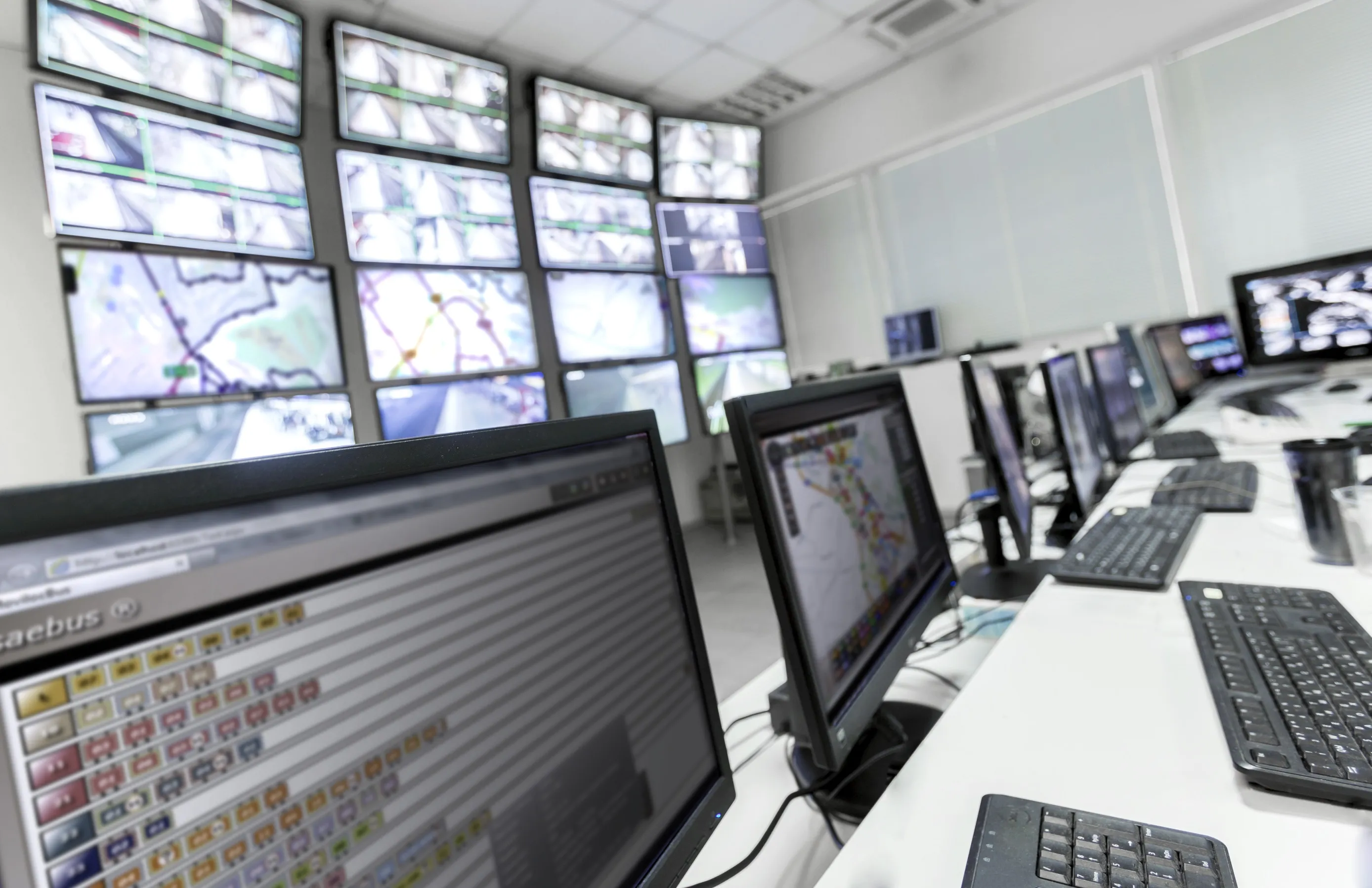Nodes, New Tools for Design and Operation of Urban Transport Interchanges is a three-year European research project, focusing on providing and demonstrating tools for better transport interchanges to support a more efficient urban transport system. Toulouse, Reading, Budapest, Rouen, Rome, Thessaloniki, Osnabrück, Coventry and the Dutch Railways will all implement new solutions for a new generation of interchanges which will contribute to better transport services and an improved experience for travellers.
May 15, 2013
Read time: 2 mins
Nodes, New Tools for Design and Operation of Urban Transport Interchanges is a three-year European research project, focusing on providing and demonstrating tools for better transport interchanges to support a more efficient urban transport system.
Toulouse, Reading, Budapest, Rouen, Rome, Thessaloniki, Osnabrück, Coventry and the Dutch Railways will all implement new solutions for a new generation of interchanges which will contribute to better transport services and an improved experience for travellers.
Their efforts, supported by a consortium of seventeen European partners, will lead to new solutions in five key areas: the integration of the interchange with its urban environment; a design which improves the traveller experience, is attractive and enables efficient transport operations; the integration of different transport services at the interchange, from rail and buses to cycles and electromobility services, all supported by the smart use of information and telecommunication technologies; business models to ensure the financing of the developments and the financial sustainability of the projects; and solutions for more energy efficient stations with lower impacts on the environment.
The Nodes Toolbox will provide a catalogue of integrated planning, design and management tools, based on the most advanced practices in urban and other related transport sectors. It will allow practitioners to assess and benchmark their new or upgraded interchange and to improve their performance.
Alain Flausch, UITP secretary general, commented: “Interchanges are key to the integration of urban mobility systems”. Sylvain Haon, Polis secretary general, added: “We look forward to Nodes enabling enjoyable and smooth intermodal travel experiences and thus encouraging more sustainable travel behaviour in urban areas across Europe.”
The new Nodes website, www.nodes-interchanges.eu, is a portal of information and exchange where updated information will be regularly published.
Toulouse, Reading, Budapest, Rouen, Rome, Thessaloniki, Osnabrück, Coventry and the Dutch Railways will all implement new solutions for a new generation of interchanges which will contribute to better transport services and an improved experience for travellers.
Their efforts, supported by a consortium of seventeen European partners, will lead to new solutions in five key areas: the integration of the interchange with its urban environment; a design which improves the traveller experience, is attractive and enables efficient transport operations; the integration of different transport services at the interchange, from rail and buses to cycles and electromobility services, all supported by the smart use of information and telecommunication technologies; business models to ensure the financing of the developments and the financial sustainability of the projects; and solutions for more energy efficient stations with lower impacts on the environment.
The Nodes Toolbox will provide a catalogue of integrated planning, design and management tools, based on the most advanced practices in urban and other related transport sectors. It will allow practitioners to assess and benchmark their new or upgraded interchange and to improve their performance.
Alain Flausch, UITP secretary general, commented: “Interchanges are key to the integration of urban mobility systems”. Sylvain Haon, Polis secretary general, added: “We look forward to Nodes enabling enjoyable and smooth intermodal travel experiences and thus encouraging more sustainable travel behaviour in urban areas across Europe.”
The new Nodes website, www.nodes-interchanges.eu, is a portal of information and exchange where updated information will be regularly published.








